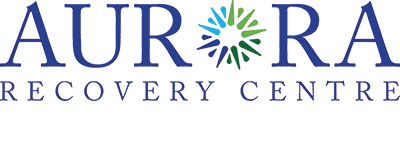For people recovering from addiction, social media can often be a double-edged sword, equally offering hindrance or support depending on the use. That’s why it’s so important to understand its potential impact on your recovery.
A 2021 study by Statistics Canada points to research that has found it creates opportunities for individuals to maintain personal relationships with family and friends, connect and interact with extended networks, and express views and creativity.
However, there are also risks, with a growing body of research documenting outcomes such as social isolation, loneliness, poor mental health and cyberbullying. According to the Statistics Canada research, about one-fifth of social media users ages 15 to 64 years reported that in the previous 12 months they had lost sleep, gotten less physical activity or had trouble concentrating on tasks or activities as a result of their social media use. Roughly one in eight reported feeling anxious or depressed, frustrated or envious of the lives of others.
For instance, the National Library of Medicine’s National Center for Biotechnology Information reports. that the symptoms of problematic social media use resemble those of behavioural and substance additions, [] The term ‘social media addiction’ has even emerged to describe the condition. Social media use has become excessive for an estimated five to 10 per cent of users — to the point where it dominates one’s life, much like an addictive behaviour, the National Library of Medicine noted Because it’s the single most important activity in their lives, it compromises other roles and obligations, such as family and employment.
This is especially concerning for those with a substance use disorder because, the National Library of Medicine warns, co-occurring addictions often reinforce each other through their behavioural effects. If you target just one type of addiction in treatment, other addictions to which an individual is vulnerable can come to the fore.
A study published in Sage Journals that examined the relationship between daily time spent using social media and substance use among young American adults found greater daily social media use was related to more alcohol consumption, more problematic alcohol use, and more frequent drug use.
The study also revealed that greater daily social media use was significantly related to more frequent drug use for females, though not for males. Among other things, results from the study emphasize the importance of considering different types of social media in relation to substance use and abuse during emerging adulthood.
Because withdrawing from drugs and/or alcohol can heighten stress, taking steps to reduce and manage stress is essential for recovery — and that includes taking control of your social media use.
The Mental Health Commission of Canada’s tips to protect your mental wellness on social media include being highly selective about who and what you subscribe to. It’s simple rule: don’t follow anyone or anything that doesn’t serve you. If posts from an account leave you feeling less-than, unfollow or block them.
Another tip is to leave your phone out of sight or beyond reach while doing other activities. Aurora Recovery Centre’s leading-edge treatment programs include a host of healthy activities like personalized fitness programs, swimming, basketball, painting and nature walks that can help you form good habits that will help you reduce and/or limit your use of social media.
Recovery may be complex, but you’re not alone. Contact Aurora Recovery Centre today.

